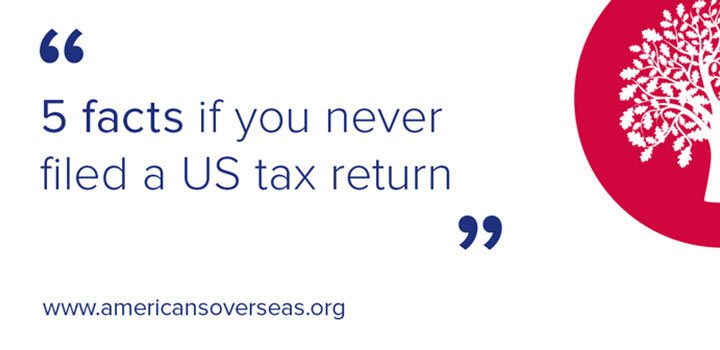
Banks don’t want American clients anymore

The real need to make a decision came when she saw the banks closing in on Americans, including dual nationals, by closing accounts, refusing loans, and blocking any investments. Her bank in Switzerland spoke to her about the possible closure of accounts.
Despite renouncing in 2011, this month UBS called her in to explain a “red flag” – she was sending $300 a month to a relative in the US. More forms to prove she was no longer American, but she was allowed to keep her account.
She’s still not free.
She’s now married to an American and their French bank is reporting their joint account to the IRS. They are afraid their bank will arbitrarily close their account. Although they can take his name off the account, it gives her power in the marriage she does not want.
American clients
They tried to get an account for her husband in Switzerland at a bank where she was a long-term customer. When asked if it were possible, the teller said, “Maybe, maybe not. For a starter, he needs an official permit granting the right to live in Switzerland and five years of FBAR forms filled in.
The list went on and on for what was needed. “After you do all that we send the information to our headquarters and they will rule if he can have an account.” She added that she wasn’t optimistic that they would allow it.
Nelson does not believe that the renunciation figures issued by the State Department are correct. Her name has never appeared on the “Name and Shame” list published by the State Department. Many others report the same thing.
FATCA
Nelson is active in anti-FATCA groups and one member reported that they had a friend at the London embassy who said they were doing a minimum of 10 a day. Another said Brussels was doing at least five. She suspects the total could be in the five figures annually (not the 4,000 officially reported for 2014).
FATCA is estimated to have cost the banking world between $5-6 billion. Most people being hurt are middle class, not the wealthy that so many homelanders assume. “We lead ordinary lives, watch our centimes, and still take out our garbage,” she said.
Americans Overseas
Americans Overseas informs local and European parliaments about the effects and issues European citizens face with these recently introduced laws. By continuously putting the topic on the agenda and giving it attention, several changes have been achieved.
We started Americans Overseas to assist people from all over the world by providing accurate information to prevent unnecessary panic and offering free and non-binding assistance. If necessary, we have a network of affordable professionals (accountants) who can help you with your tax obligations.
If you have more questions about the implications of FATCA data transfers for accidental Americans, you can contact us at Americans Overseas.
Contact us for more information
Frequently asked questions
Understanding the US tax system, the obligations, and all the additional terms can be difficult. Especially if one lives outside of America. Is your question not answered? Contact us.
-
Who is required to file taxes in the US?
U.S. citizens and resident aliens who live abroad are generally required to file a federal income tax return and pay taxes on their worldwide income.
Read more... about Who is required to file taxes in the US? -
Do US citizens living abroad still have to file taxes in the US?
Yes, US citizens are required to file taxes on their worldwide income, regardless of where they are living.
Read more... about Do US citizens living abroad still have to file taxes in the US? -
How can I cash my US check?
Received an American check? You can cash your check in the following ways: cash the check at your own bank, transfer to another person (endorsement), cash checks using an online service or cash the check by another bank.
Read more... about How can I cash my US check? -
Are there any special tax forms required for US citizens living abroad?
US citizens living abroad may be required to file Form 2555 and/or Form 1116 to claim the foreign-earned income exclusion.
Read more... about Are there any special tax forms required for US citizens living abroad? -
What is FBAR filing?
FBAR (Foreign Bank Account Report) filing is the requirement for certain U.S. individuals and entities to report their foreign financial accounts to the Financial Crimes Enforcement Network (FinCEN) of the U.S. Department of Treasury. The FBAR filing requirement applies to U.S. persons who have a financial interest in, or signature authority over, one or more foreign financial accounts if the aggregate value of those accounts exceeds $10,000 at any time during the calendar year.
Read more... about What is FBAR filing?





